Animals
-
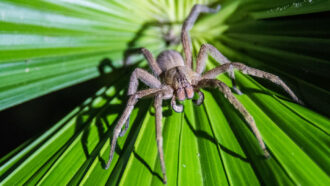 Animals
AnimalsA spider’s feet hold a hairy, sticky secret
Their widespread stickiness traces to the shape of hairs on its feet, scientists now find.
-
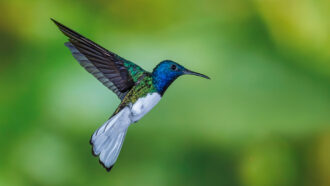 Animals
AnimalsAnalyze This: Some female hummingbirds go undercover
Some female white-necked jacobin hummingbirds boast bright blue colors similar to males. That may help females blend in to avoid attacks.
-
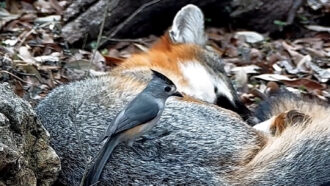 Animals
AnimalsThere’s a new word for birds stealing animal hair: kleptotrichy
Dozens of YouTube videos show birds grabbing hair from dogs, cats, people, raccoons and even a porcupine — a behavior rarely described by scientists.
-
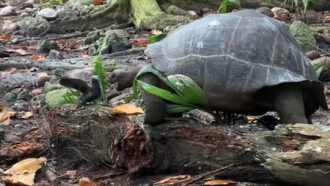 Animals
AnimalsA giant tortoise is caught hunting and eating a baby bird
New video captures the first recorded instance of a tortoise hunting another animal.
-
 Animals
AnimalsLet’s learn about elephants
Check out five wild facts you may not know about a familiar animal: the elephant.
-
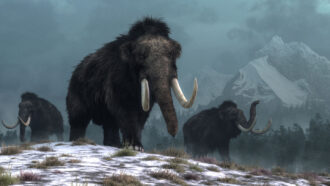 Animals
AnimalsWill the woolly mammoth return?
Scientists are using genetic engineering and cloning to try to bring back extinct species or save endangered ones. Here’s how and why.
-
 Animals
AnimalsCloning boosts endangered black-footed ferrets
A cloned ferret named Elizabeth Ann brings genetic diversity to a species that nearly went extinct in the 1980s.
-
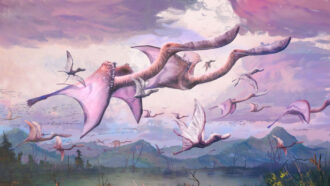 Fossils
FossilsBaby pterosaurs may have been able to fly right after hatching
A bone crucial for lift-off was stronger in hatchling pterosaurs than in adults. The baby reptiles also had shorter, broader wings than grown-ups.
-
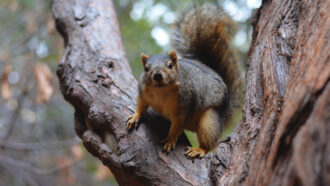 Animals
AnimalsSquirrels use parkour tricks to leap from branch to branch
Squirrels navigate through trees by making rapid calculations. They have to balance trade-offs between branch flexibility and the distance between tree limbs.
-
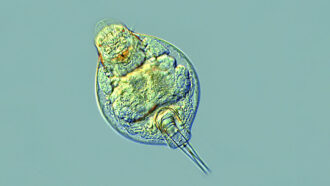 Animals
AnimalsTiny animals survive 24,000 years in suspended animation
Tiny bdelloid rotifers awake from a 24,000-year slumber when freed from the Arctic permafrost.
-
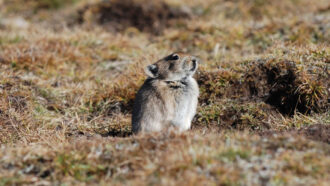 Life
LifeSome pikas survive winter by eating yak poop
Pikas endure bone-chilling cold on the Tibetan Plateau by using little energy and fueling up on yak poop.
-
 Animals
AnimalsAnalyze This: Sharks aren’t as scary as what you see on TV
In Shark Week shows, scientists found mixed messages about sharks, insufficient research support and little info on conserving endangered animals.